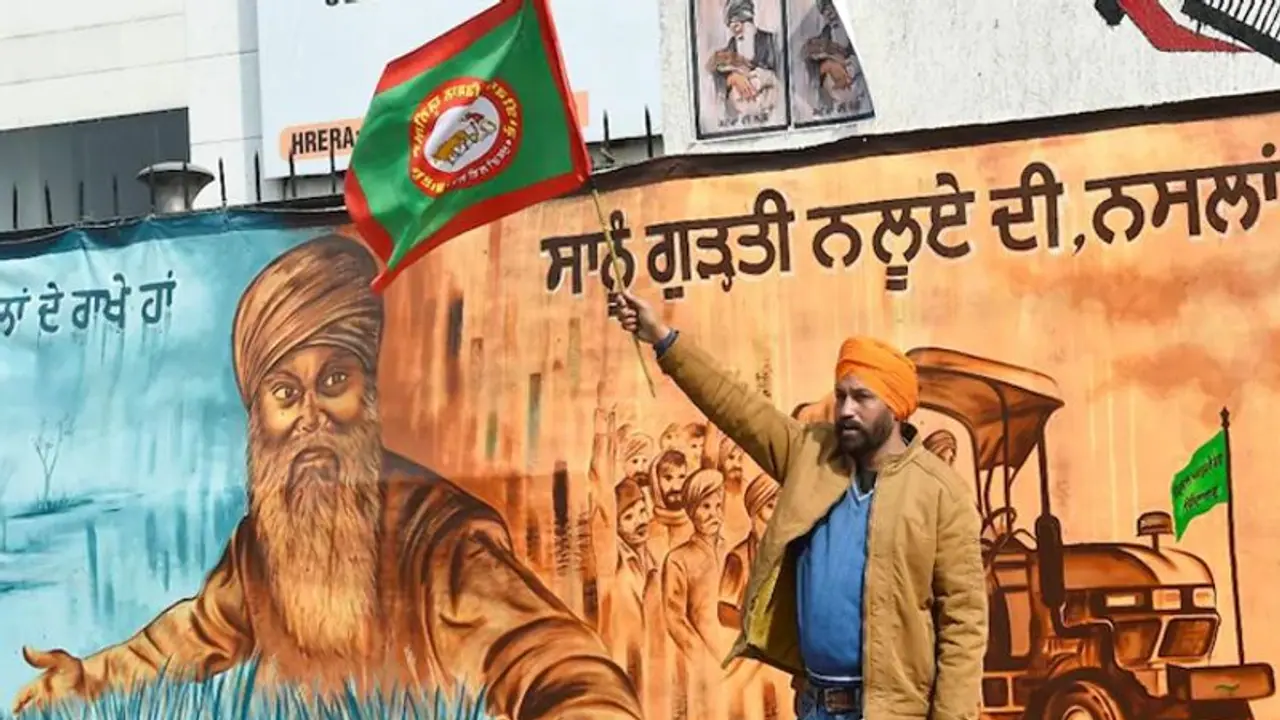A group of former Indian envoys has called out the hypocrisy of those who have been claiming to express "solidarity" with farmers protesting on the outskirts of New Delhi.
A group of former Indian envoys has called out the hypocrisy of those who have been claiming to express "solidarity" with farmers protesting on the outskirts of New Delhi.

Citing the World Trade Organisation Agreement on Agriculture, the former envoys have in a letter exposed the double standards that are at play among WTO members.
Accusing the developed nations of double standards, the open letter states that while on the one hand developed nations want developing nations like India to allow market forces to determine prices, political leaders in the same nations are expressing support for farmers protests and slam the Indian government for enacting laws that empower farmers and bring in greater market efficiency.
The open letter sends out two loud and clear message to the developed nations:
1) It is the "sovereign prerogative of governments" to strike a balance between market forces and farmers' welfare.
2) The WTO agreement suffers from a democratic deficit and is characterised by commercial realpolitik
The open letter notes that India will gradually allow the market to decide the prices of farm products. But that will shift will not be because the WTO wants it or the developed countries are demanding it. Instead, the move will happen because it will benefit the Indian farmer and boost their income.
Backing MSP for farmers, which has been time and again been criticised by the developed nations as being an unfair practice, the letter notes that "the US, EU and the Cairns Group have an opportunity to be on the right side of history".
The former envoys declared that the farm laws passed by India enable farmers to get adequate returns for their for their products and ensure last-mile delivery of foodgrains to the vulnerable sections of the population.
